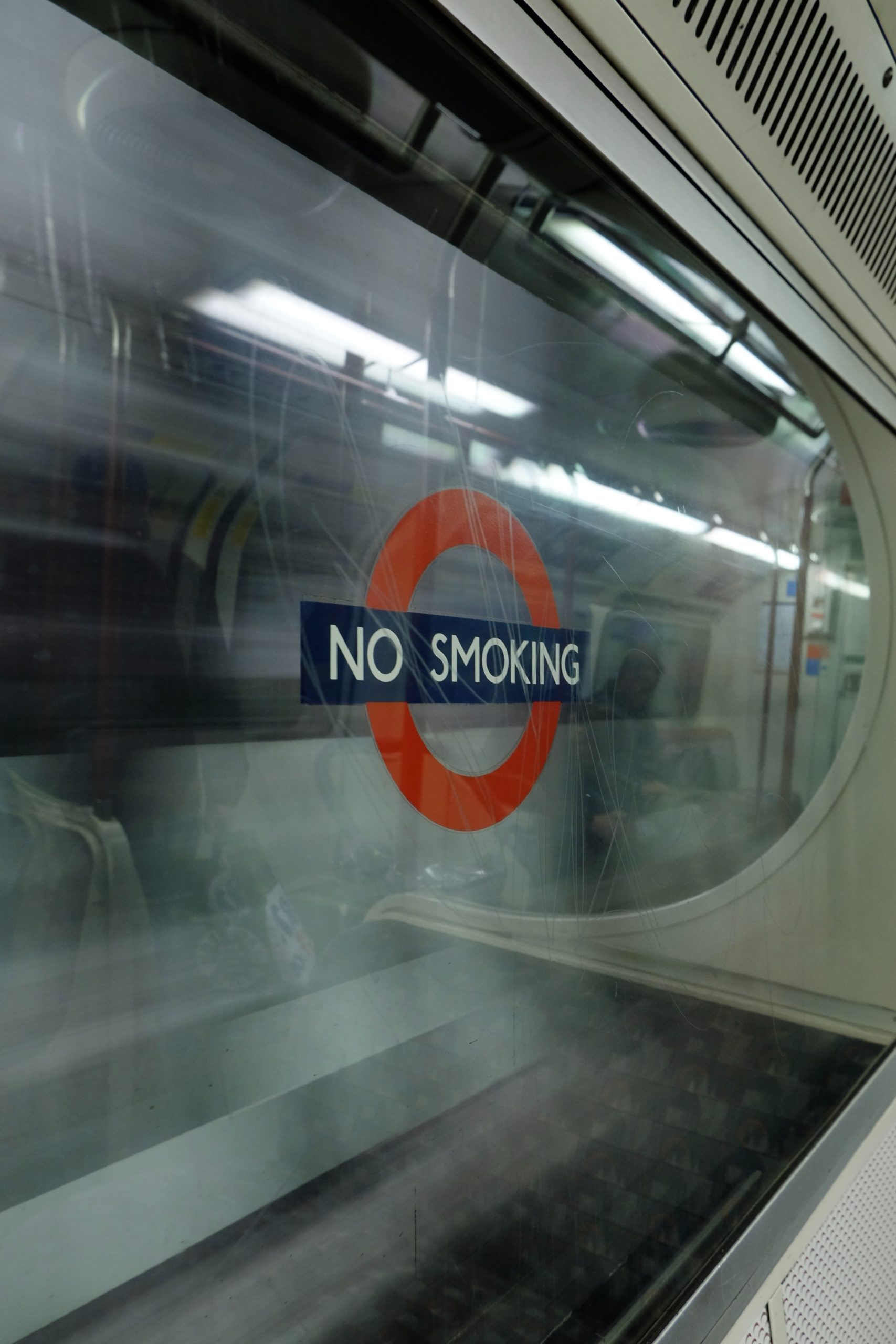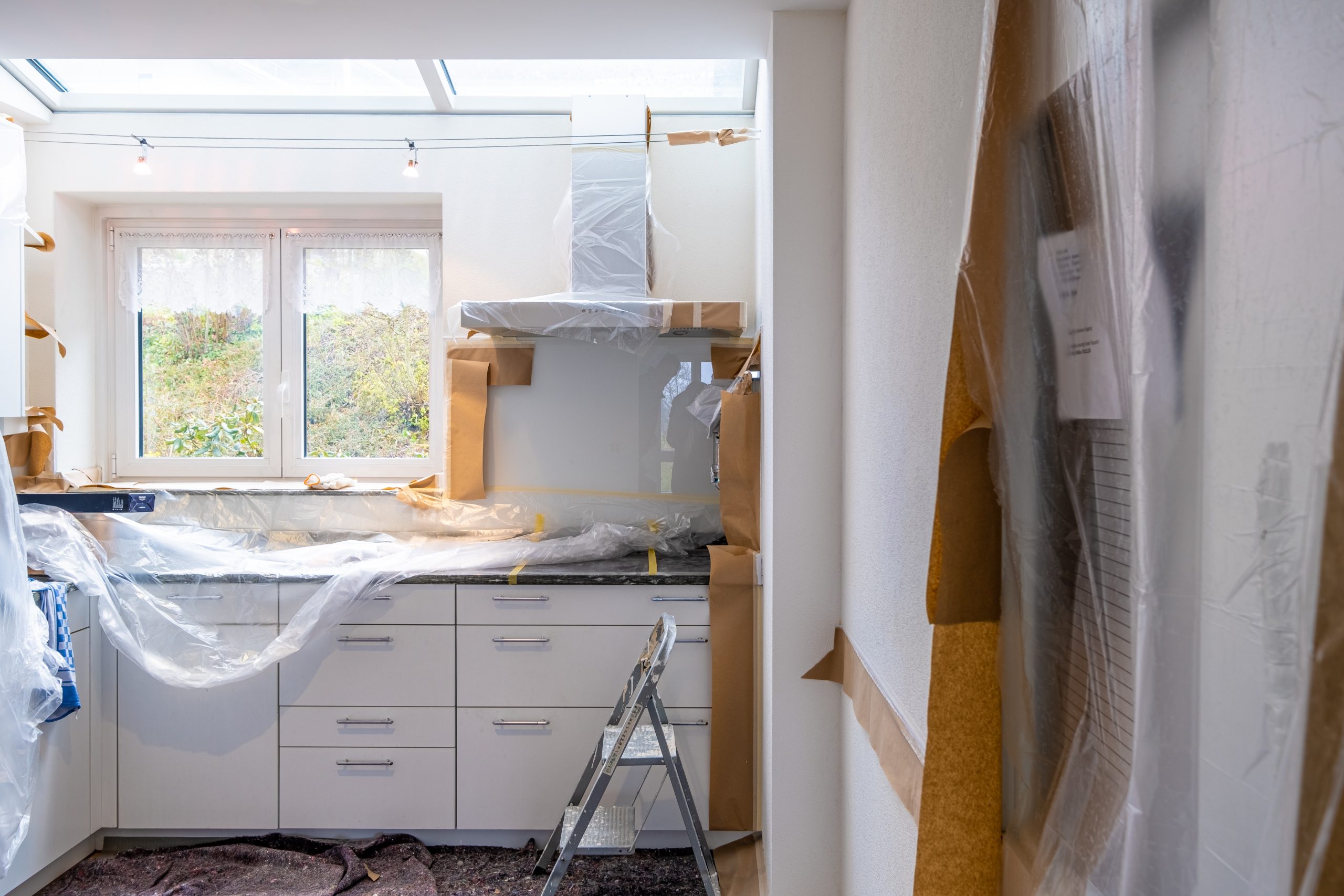Tenant Rights to a Habitable Home: Mold and Smoke Issues
Tenant Rights to a Habitable Home: Mold and Smoke Issues
What can a renter do when their home becomes “inhabitable” due to mold or second-hand smoke?
When tenants sign lease agreements with building owners or landlords, they agree to abide by certain rules while living at the property, which protect both the tenant and the landlord. In the US, certain tenant rights are protected under federal, state, and local laws. For the purposes of this article, we are going to examine a tenant’s right to a habitable home.
The “implied warranty of habitability” is the legal term for a renter’s right to a home that keeps out rain and snow, has sufficient hot water and heat, sturdy walls and floors, free from environmental dangers such as lead, asbestos and mold, and reasonable protection from criminal intrusion. According to Nolo.com, all states except one (Arkansas) recognize the implied warranty of habitability. Even if a landlord offers lower rent in exchange for the tenant “waiving” habitability rights, such waivers are typically not upheld in court. There are differences between habitability problems and “minor repair” problems, though, so that landlords are not legally required to fix every problem that elicits a complaint.
For purposes of safety and air quality, some habitability problems may be:
-a roof leak or plugged air conditioner drain that results in moldy walls
-improperly vented water heater that causes exhaust gasses to leak into the apartment/home
-neighbors that do things that cause you to be unhealthy, like smoke inside, make a lot of noise during sleeping hours, etc.
If the landlord does not acknowledge or repair the problem, there are ways that tenants can enforce the implied warranty of habitability. If this applies to you, make sure that you have properly notified the landlord and given them time to respond, and then you may want to notify the local building inspector. Be prepared, however, to move out if the inspector deems the problem causes your home to be uninhabitable! “Bigger stick” actions for the renter include, depending on state laws:
withholding rent (make sure you are completely up-to-date on rent before withholding it for habitability reasons)
paying for repairs yourself and deducting the cost from the rent (also make sure you are completely up-to-date on rent before doing this)
sue the landlord, or
move out without notice (break the lease) and without liability for future rent.
To check whether your state has a precedent for withholding rent or paying for repairs and deducting them from your rent, you can check this page. Here is more information about these options.
Specific problems that constitute inhabitable spaces:
Although mold can be a serious health issue, there are no federal laws regarding permissible exposure limits or building tolerance standards for mold in residential buildings, and only a few states and cities have established guidelines regarding mold in indoor air. (Nolo.com) Because of the following, it has been difficult for tenants to get landlords to fix or compensate for mold:
Mold causes a plethora of symptoms and health problems that are not exclusive to mold
Blood or urine tests are the only way to confirm its presence in the body
There is are many types of molds present in most homes and rentals, however, only a few have been implicated in serious health issues (such as Stachybotrus Chartrum or Aspergillus)
The term “toxic mold” is not a legal term, but the above mentioned species are “toxigenic”, meaning that they can produce mycotoxins.
There have been successful lawsuits; in 2021 a Florida jury awarded $48 million in a habitability/mold case. (TysonMendes.com) This is an exceptional compensation, but the vast majority of tenants living with mold that causes health problems do not get any compensation, sometimes due to weak local and state laws on habitability. For example, in Washington state there are no explicit protections from mold for tenants, and the law doesn’t hold landlords liable when they don’t provide the “mold addendum”. (whyy.org) Here are what legal experts recommend to make your voice heard (based on advice from a Virginia lawyer in this video):
Make sure you notify the landlord or owner of the problem in writing and the way prescribed in your lease, and document all communication with them about the problem. Describe the condition of the area, photograph it, include any lab results and any health effects that may have come from it.
If the landlord does not respond or fix the problem, in Virginia you can file an official document called a Tenant Assertion and Complaint. Definitely check with legal experts on your rights to withhold rent or move out (which as stated above, vary from state to state; withholding rent is not allowed in Virginia).
If you believe health issues have resulted from the mold, it’s best to contact a specialist or personal injury attorney.
Second-hand smoke and vapors are a serious problem in multi-family dwellings. This document from the American Lung Association and Public Health Law Center at Mitchell Hamline School of Law outlines tenant rights to healthy air inside their homes, and guidelines on options available to them in California, including:
Approaching the neighbor who smokes/vapes. They may be unaware of the impact it’s having on you or your family.
Contacting the landlord, if the smoking/vaping doesn’t stop. Always document your communication with the neighbor or landlord.
Reviewing your lease and ask the landlord in writing to enforce the non-smoking clause.
Reviewing local laws, as they may have specific requirements to force landlord action.
California allows withholding of rent, however this could trigger an eviction response from the landlord. In this case, uninhabitable conditions is a reasonable defense, and if the landlord does evict, the courts will decide whether rent abatement is appropriate.
Lawsuits include small-claims court, which is used for claims $10,000 or less, and trial court, which in general is only used when there has been substantial harm from repeated, significant exposure to secondhand smoke. Appropriate charges against the landlord would include breach of contract, disability claims, nuisance claims, covenant of quiet enjoyment, and constructive eviction (if the tenant is forced to move out because of uninhabitable conditions).


